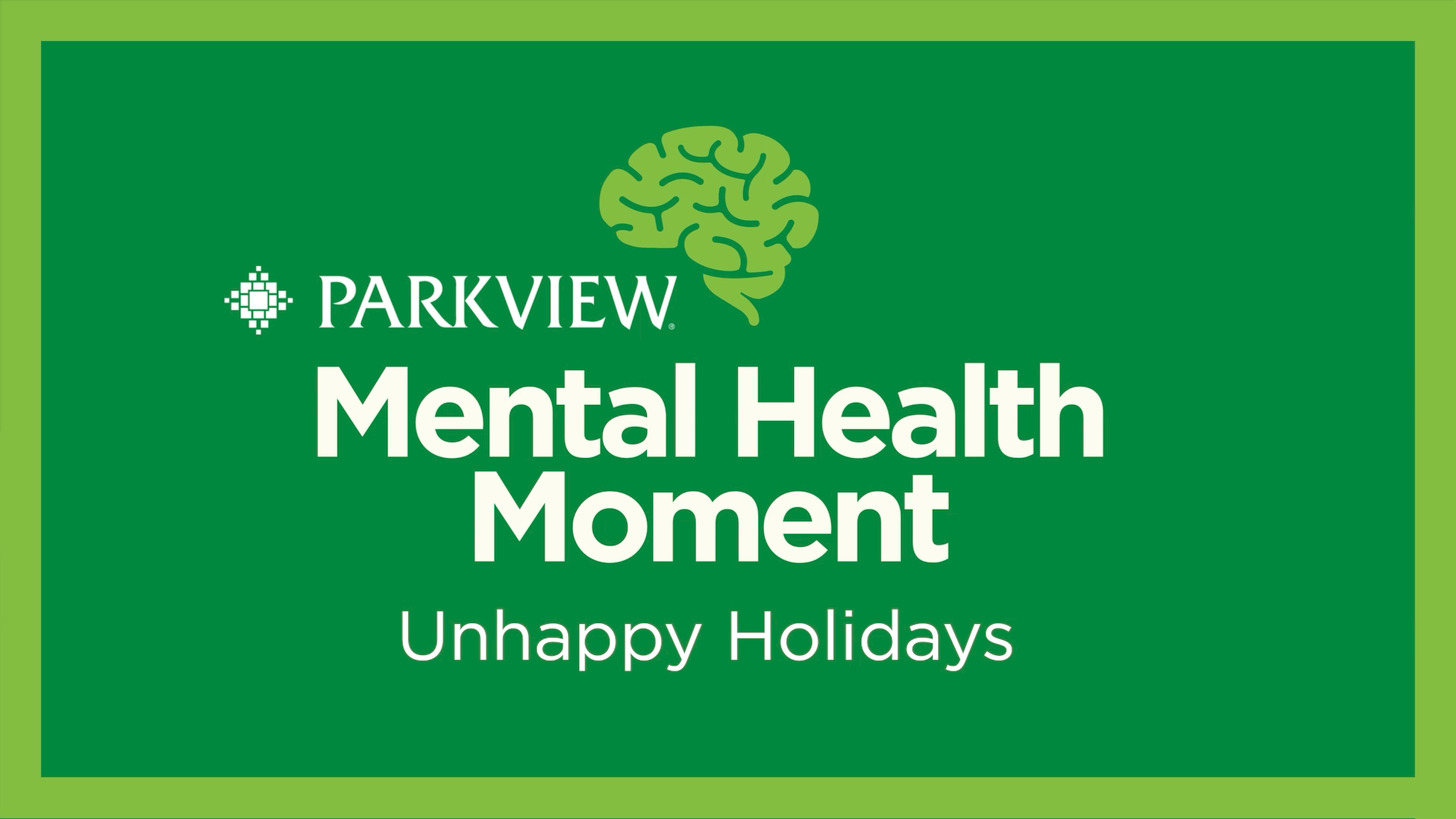
Being told you have diabetes can be difficult to accept. It’s normal to feel sadness, anger or even grief after a diagnosis. Sometimes these feeling can turn into depression, which is not only challenging in its own right, but can also have an effect on your diabetes. The good news is that these conditions can be treated together, so you can feel better and gain more control in your life.
How are diabetes and depression connected?
Depression makes it harder to manage your diabetes in a few important ways. First, it affects your ability to choose to do what’s good for you. When you’re experiencing feelings of depression, it can be hard to feel motivated to eat well, exercise or take your medicines. For example, when you’re depressed you may be more likely to eat something with a lot of carbs to feel better. That choice might make you feel good for a while but then you may feel worse later on.
Depression also increases the stress hormones in the body, which can cause your blood sugar to rise. In turn, high blood sugar can make it hard to concentrate or make you feel tired or grumpy.
How can you cope with having diabetes?
Managing diabetes can feel like a lot of work. It’s normal to feel frustrated or overwhelmed with all there is to do. There will likely be days when you just don’t feel like testing and tracking your blood sugar. During these times when it feels tough to manage, getting support and talking about your feelings can help. Your doctor or others in your health care team can help you cope.
Here are a few helpful tips for dealing with your feelings during the tough times. First, if you find yourself feeling sad, give yourself time to adjust to your losses. It’s okay to grieve the things you are giving up. Second, if you’re feeling overwhelmed, try to focus on one day at a time. Remember, you’re just doing the best you can. You don’t need to be perfect. Remind yourself that diabetes is just a part of your life, and it does not have to take over your entire life.
You are not alone in your diagnosis—diabetes is very common and there are a lot of others out there dealing with the same issues as you. Here are three more actionable tools you can employ to help you mentally sort out your diabetes diagnosis.
Get the support you need
Surround yourself with people who encourage and motivate you. Your support may include:
- Your doctor and other health professionals
- Friends and family
- An exercise buddy or program
Your regular checkups are a good time to talk to your doctor about how you’re feeling. If you’re feeling discouraged or having trouble coping, your doctor can help.
If you find you’re having trouble coping with your feelings, try talking to a counselor. Having a professional to talk to might make it easier to say things you wouldn’t talk about with family or friends.
You might also want to:
- Ask a friend or family member to come to counseling with you.
- Talk to your spiritual adviser if you belong to a church or spiritual group. They have experience helping people manage feelings.
- Join a support group. You can find one through your doctor, your local hospital, or the American Diabetes Association.
Provide positive reinforcement and set goals
When you are doing things right, praise and reward yourself! Set goals that you can achieve to help you visually and monitor your progress. Examples include:
- Use nonfood rewards, such as clothing, sports equipment, books, a golf trip, or a movie night for meeting goals or making smart choices.
- Engage in positive self-talk instead of being negative or critical of yourself.
- Set short-term goals for healthy eating habits and exercise.
List the benefits
Continually remind yourself that everything you are doing to manage your diabetes is making a big difference in the quality of your life now and well into the future. It may even be helpful to make a list of the health benefits of caring for your diabetes.
Some items you could include might be:
- I feel good because my blood sugars are more stable. I no longer have uncomfortable highs or lows.
- I am reducing the likelihood that diabetes will interfere with my plans for the future. This lowers my risk for problems with my heart, eyes, feet, and legs.
- I have more energy.
- I can think more clearly.
- I feel better about myself because I am eating healthy foods and/or I have started exercising.
For additional questions or concerns about managing diabetes, please call Parkview Diabetes Care Services at 260-373-4280 to speak with a diabetes educator, registered dietitian or lifestyle change specialist.
Copyrighted material adapted with permission from Healthwise, Incorporated. This information does not replace the advice of a doctor.



